Portable flocculator featuring digital display, a powerful brushless motor, a central lighting system, and a practical handle for comfortable and reliable on-site Jar Test and Leaching Test.
Digital and Practical Flocculators for On-Site Jar Testing and Leaching Tests
By enabling on-the-go testing and treatment processes, the FP4 offers numerous advantages that enhance efficiency and effectiveness in managing water quality.
One of the key benefits of a portable flocculator is the ability to conduct tests in real-time and in various environments, whether in a laboratory or on-site. This flexibility allows operators to quickly assess the coagulation and flocculation processes under actual conditions, leading to immediate adjustments and optimized chemical dosages.
Furthermore, it can be powered by a car cigarette lighter or plugged into the power grid, making it perfect for on-site testing at water treatment laboratories.
Usability and Durability in Every Detail
Equipped with an intuitive digital interface, users can easily adjust stirring speeds and timer to set testing parameters precisely. With consistent speed and timing across all positions, repeatable conditions from sample to sample are ensured.
The central lighting system improves sample visibility during the flocculation process, making it easier to monitor results in real time.
The ergonomic knob and the LED display let the operator easily set the stirring speed and the timer. In addition, the stainless-steel stirring rods can be adjusted in height thanks to a self-blocking chuck that ensures secure and reliable operation.
Powered by a robust brushless motor, the FP4 delivers precise and reproducible stirring speeds from 10 to 300 rpm, ensuring consistent performance. VELP’s SpeedServo™ torque compensation technology further enhances control by maintaining a constant speed, even when the viscosity of the sample changes.
Using corrosion-resistant materials ensures durability and stirring quality across all test positions.
On-site Jar Testing and Leaching Test for Water and Wastewater Treatment
By providing a reliable platform for Jar Testing, the FP4 allows for real-time adjustments based on the interaction of different chemical combinations, leading to more efficient operations and optimized chemical dosages.
In addition to flocculation, the FP4 can be an integral part of evaluating the environmental impact of solid materials through leaching tests. By assessing how contaminants migrate from solid waste into water sources, operators gain critical insights into the potential risks associated with waste disposal.
With the FP4, VELP delivers a comprehensive solution that combines advanced capabilities in a portable flocculator, allowing operators to conduct tests in various settings, whether in the lab or on-site.



| Construction material | Epoxy painted metal structure |
| Motor | Brushless |
| User Interface | Digital |
| Number of positions | 4 positions, same speed for each rod |
| Lighting system | Central light |
| Stainless steel stirring rods | Adjustable in height |
| Electronic speed control | From 10 to 300 rpm |
| Speed setting interval | 1 rpm |
| Timer | 1min ÷ 99h 59min |
| Power | 6 W |
| Dimensions (WxHxD) | 250x310x265 mm (9.8x12.2x10.4 in) |
| Weight | 3.8 kg (8.3 lb) |

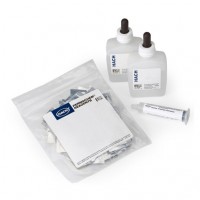
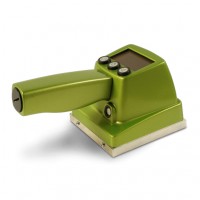
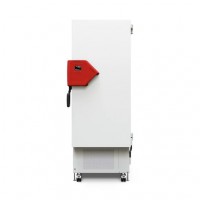
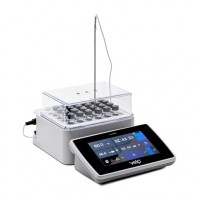
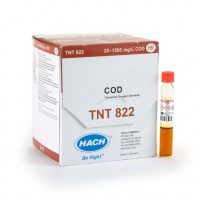
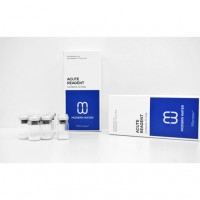
Do you have a question?
min 10 ch